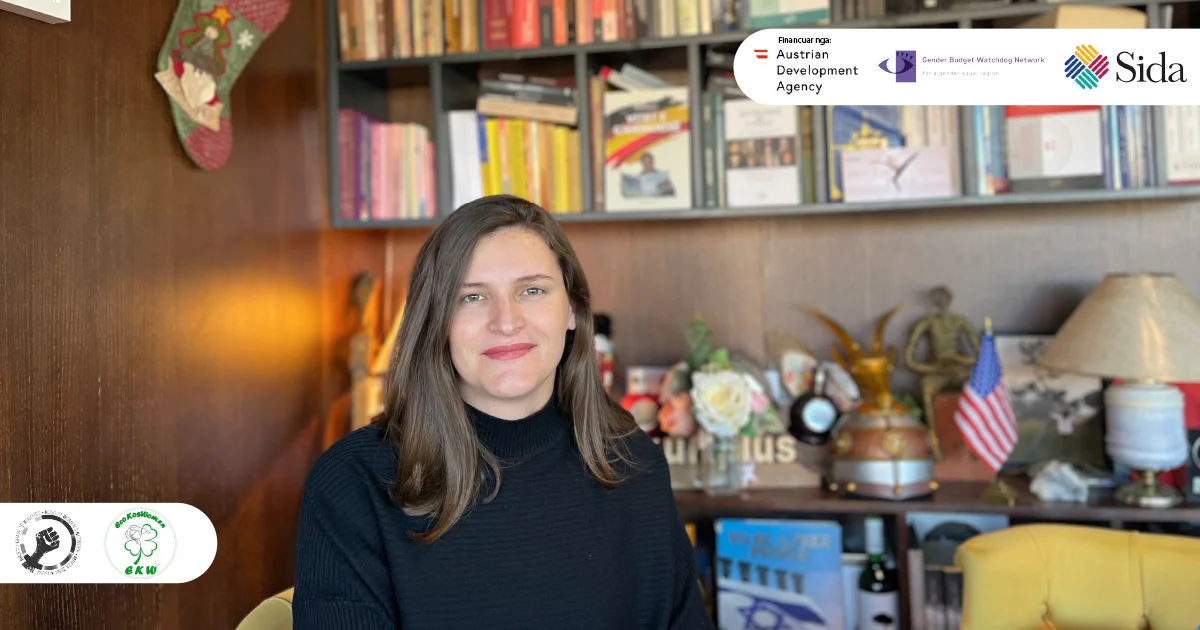As a member of the Gender Responsive Budgeting Watchdog Network (GRBWN), EcoKosWomen has made impressive strides by placing women at the center of climate and environmental solutions. Through their groundbreaking research on integrating a gender perspective into Kosovo’s circular economy and agricultural strategies, EcoKos identified gaps in bio-economy initiatives and pushed for more inclusive policies. Their advocacy has also ensured the continued provision of sanitary pads in schools and public institutions in Obiliq, Pristina, and Fushë Kosova through 2025, addressing a critical need that keeps girls in school. EcoKos further supported women beekeepers in Podujevë by expanding bee pastures and influencing grant regulations to include gender considerations.
As part of the project, EKW published Empowering Sustainable Agriculture: Gender Perspectives within the Circular Economy, the research shows that applying circular economy principles in Kosovo’s agricultural sector can improve rural living conditions, promote gender equality, and empower women economically and socially. Addressing barriers women face in land, finance, and decision-making is key to building a more inclusive and sustainable agriculture sector.
Key Activities:
1. Advocacy Meetings and Capacity Building:
- Three meetings held with municipal representatives in Pristina, Fushë Kosova, and Obiliq to introduce gender impact assessment tools and promote gender-responsive budgeting (GRB).
- The Deputy Mayor of Pristina expressed readiness to allocate municipal funds for menstrual hygiene products in schools by 2025.
- The Deputy Mayor of Obiliq committed to a dedicated budget line for menstrual pads in primary schools.
- Data from these meetings informed the design of infographics shared as part of a public GRB awareness campaign.
- Organized a training session on circular economy, energy efficiency, and women’s engagement in environmental policy, attended by 12 women in agriculture from Pristina.
- A circular economy expert was hired to deliver content tailored to rural women’s sustainable practices.
Key Results:
- Training Outcomes: 12 women trained in circular economy, energy-saving techniques, and civic participation in environmental policy.
- Public Awareness: 343 people (206 men, 137 women) were sensitized on GRB through outreach.
- Policy Impact: Municipal officials, including deputy mayors, committed to budgeting for menstrual hygiene products.
- Public Education: Infographics reached broad audiences online, explaining what GRB is and why it matters.
The project helped women farmers understand and apply circular economy principles, including resource efficiency, waste reduction, and sustainable agricultural practices. It strengthened their capacity to participate in local policy-making, especially in the fields of climate, food, and energy. Officials began integrating gender and climate justice into municipal budget lines, signaling a shift toward more inclusive environmental governance.
Read the full interview with Nita Ferizi-Sadiku from EcoKos Women to learn more about how they are advancing gender-responsive budgeting and circular economy initiatives in Kosovo


